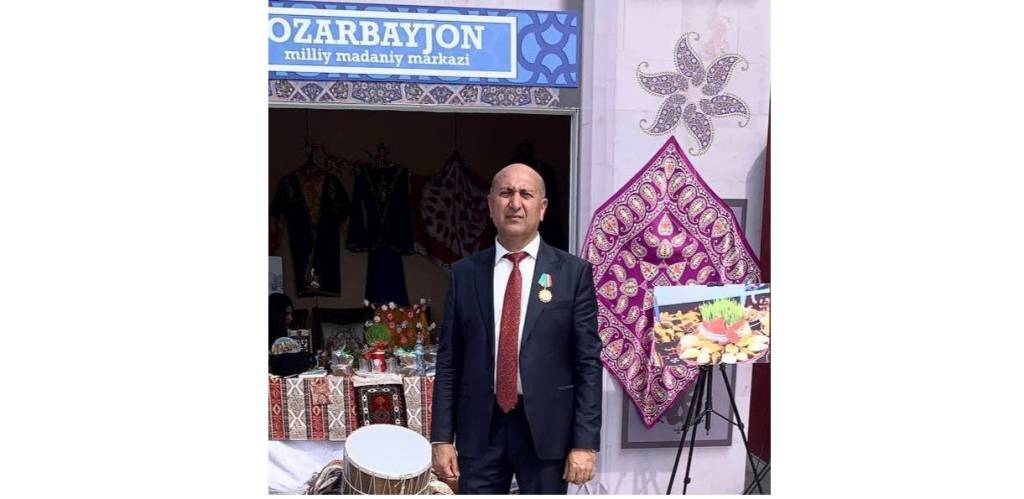
– From 2020 to 2025, relations between Azerbaijan and Uzbekistan have demonstrated positive strategic development. Due to the reforms carried out since 2017 aimed at opening up the economy of Uzbekistan and its orientation towards market mechanisms, economic ties between the countries have significantly strengthened.
Azerbaijan has become one of Uzbekistan’s key trading partners, which is reflected in the growth of mutual trade and the expansion of cooperation in energy, infrastructure, agriculture, and the textile industry, – noted Mobil Mamedov, Chairman of the Republican Azerbaijan National Cultural Center in Uzbekistan.
The political dialogue has also developed: in June 2021, a strategic partnership agreement was signed, providing for increased political exchange and cooperation in regional security. Special attention was also paid to transport-infrastructure projects, including the Trans-Caspian International Transport Route, which made it possible to intensify the use of ports and the railway network of Azerbaijan.
In addition to economic and political cooperation, the countries actively developed cultural and educational ties. Cultural events, student exchanges, and academic programs were organized, contributing to closer collaboration between the people. The joint celebration of Navruz and the construction of a school in Fuzuli became a special symbol of friendship. This initiative of Uzbekistan is aimed at supporting the reconstruction of the region after military conflicts and improving the educational opportunities of the local population. The construction of a school in Fuzuli by Uzbekistan and the holding of events to celebrate Navruz are proof of the comprehensive development of relations between the two countries and indicate that such cooperation will continue to grow in the future.
Thus, the strategic and multilateral partnership between Azerbaijan and Uzbekistan, covering the spheres of economy, politics, and culture, continues to deepen, creating a solid foundation for the further development of bilateral relations.
Interviewed by Aziza Alimova, UzA








